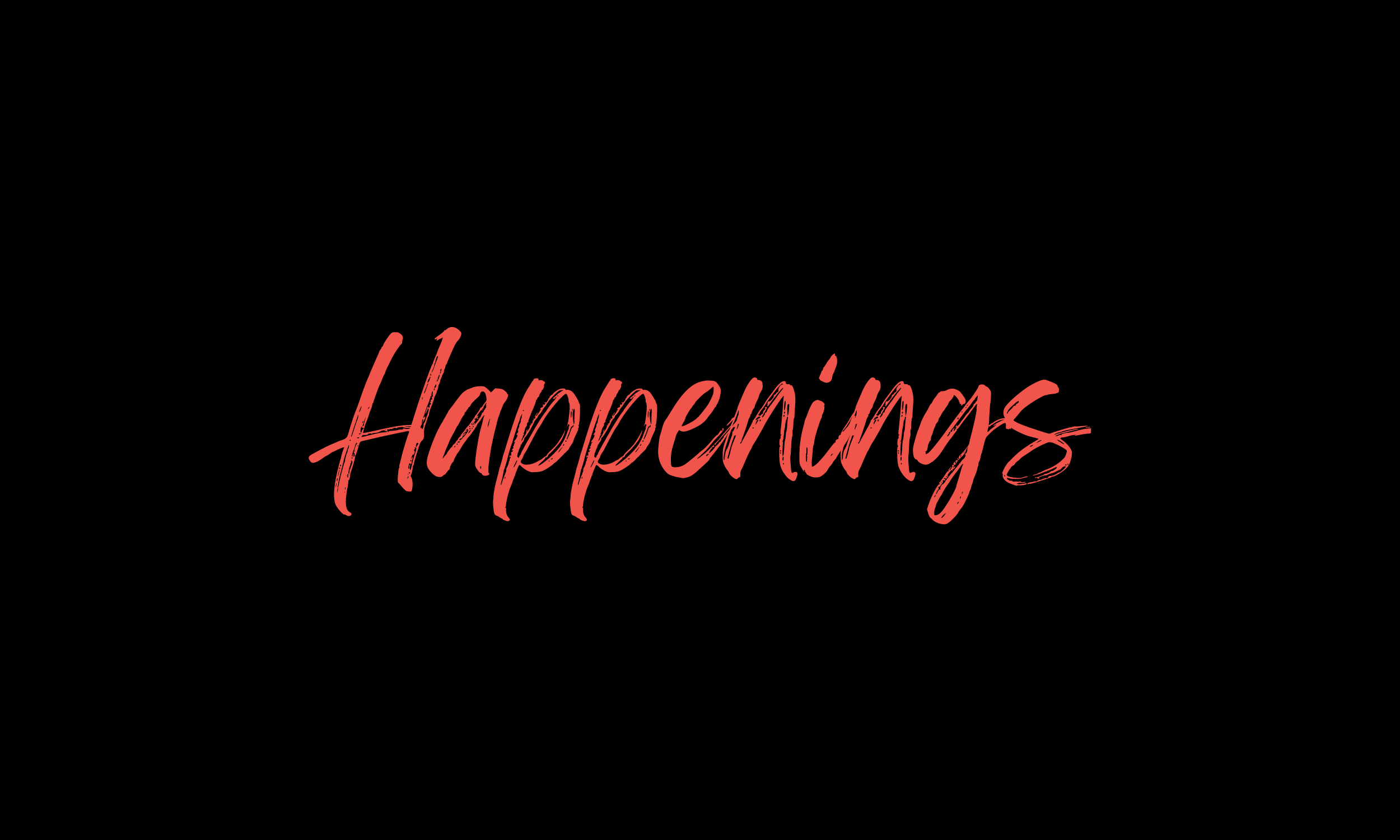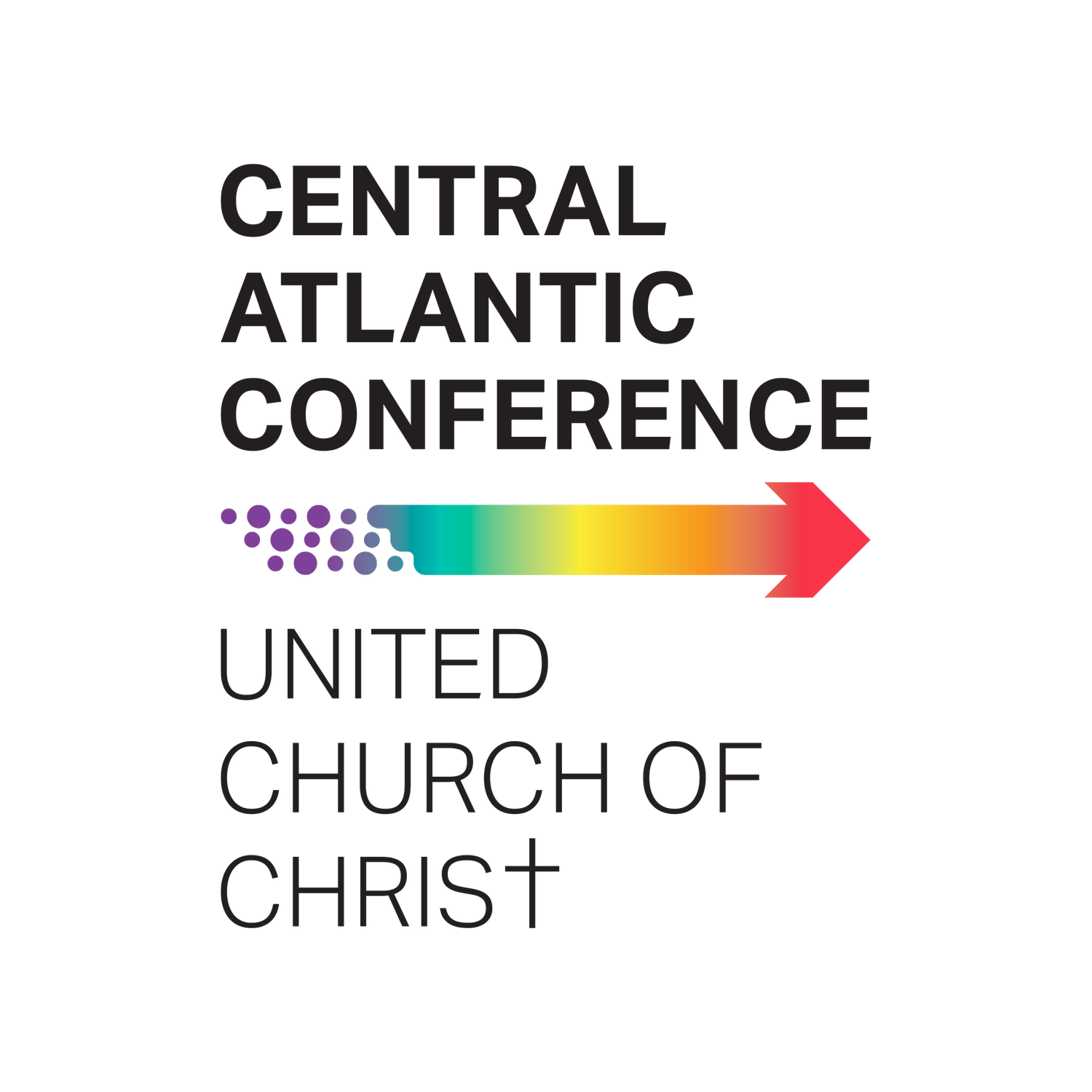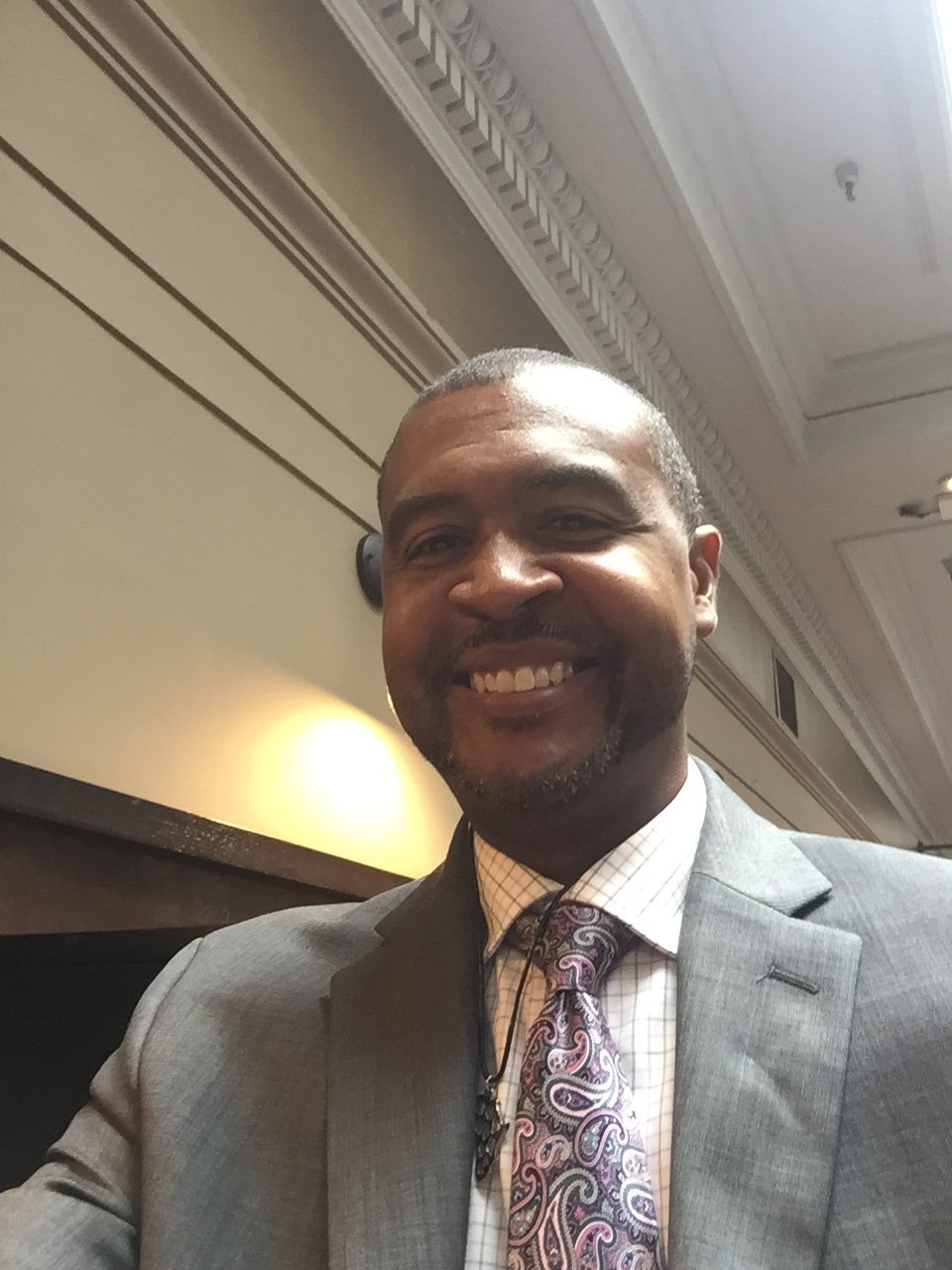
February 8, 2024
“Way Back When”
“A river flows out of Eden to water the garden, and from there it divides and becomes four branches.”(Genesis 2:10)
I enjoyed reading our Conference Minister Rev. Freeman Palmer’s CAC Happenings Reflection last week. It reminded me of why I love the month of February so much. It may also be because my birthday is this month and I have often enjoyed all that comes with this month. The childhood memories of whether the Groundhog saw his shadow or not. The field trips to museums, watching documentaries, and discussions about our history. A chance to watch the sporting events such as the NBA All-Star game, and now the NFL Super Bowl during the month. Valentine’s Day is still a joy. And since I love history, I enjoy learning about the Presidents’ and historical figures born in February, including Langston Hughes, Rosa Parks, and Frederick Douglas to name a few. If possible, a moment to get away for some rest and relaxation is also on my agenda. But what I enjoy the most is learning about our African American history.
For people of African descent, this month, I believe, serves as a Sankofa (San=Return or go back; ko=go or return; fa=pick up) moment. It is an opportunity for us to turn back and pick up some of the good ideas and lessons from the past to help us in our present existence and build a brighter future. This is not possible without going further into our history.
I was reminded years ago when hearing The Rev. Dr. Jeremiah A. Wright Jr. speak that,
“The history of black folk, our history, did not start in the bows of a slave ship; it did not start in shackles and being sold as human chattel; it did not start on the shores of an unknown land call America or the Caribbean’s; it did not began with torture, murder, or dehumanizing acts; it did not began with oppression, suppression, or marginalization.
Our history began in Africa. So during this time of the year I don’t just focus on our history here in the Americas’. I go way back, to Africa. I believe a celebration and reflection of our African heritage is very important to our future.
During my college years, I recognized my entrenchment in Euro-Western culture as I was learning for the first time the rich heritage of persons in the African Diaspora. I was a senior at Bowie State University taking a course entitled Black Political Thought. This course introduced me to the complex history of our struggle toward freedom outside of the major figures such as Rev. Martin Luther King, Jr. that we highlight at the exclusion of others. In the midst of my enlightenment, with a growing curiosity, I remember asking myself why this rich heritage was shielded from me in my formative years of education? I asked myself why none of the public schools I attended exposed me enough to allow me to tap into the passion that I now exude when I read and watch viewings about the strides my ancestors made prior to enslavement.? More importantly, why did the church I was familiar with seem so far removed from our African heritage?
I have sought answers to these questions over the years. In that search I was led to The Association for the Study of African American Life and History (ASALH). ASLAH is the brain-child of Carter G. Woodson, who initiated the celebration of “Negro History Week” in 1926 to coincide with the birthdays of Frederick Douglass and Abraham Lincoln. Years later in 1976, it was expanded to include the entire month of February.
Each year ASLAH sets the theme for Black History Month. This year’s theme is African American and the Arts. When I think of the many contributions our people have made to the arts here in the Americas, I can’t just stop there. I have to go way back, back to Africa where it all began for our people. I have to learn about the traditions, the culture, the life and the faith that generated expressions of song, art, poetry, dance, drama and so much more that continues to flow out of our people, that waters our existence, our struggle and our future.
I hope you do the same.
Rev. Marvin M. Silver
Associate Conference Minister
Central Atlantic Conference UCC

